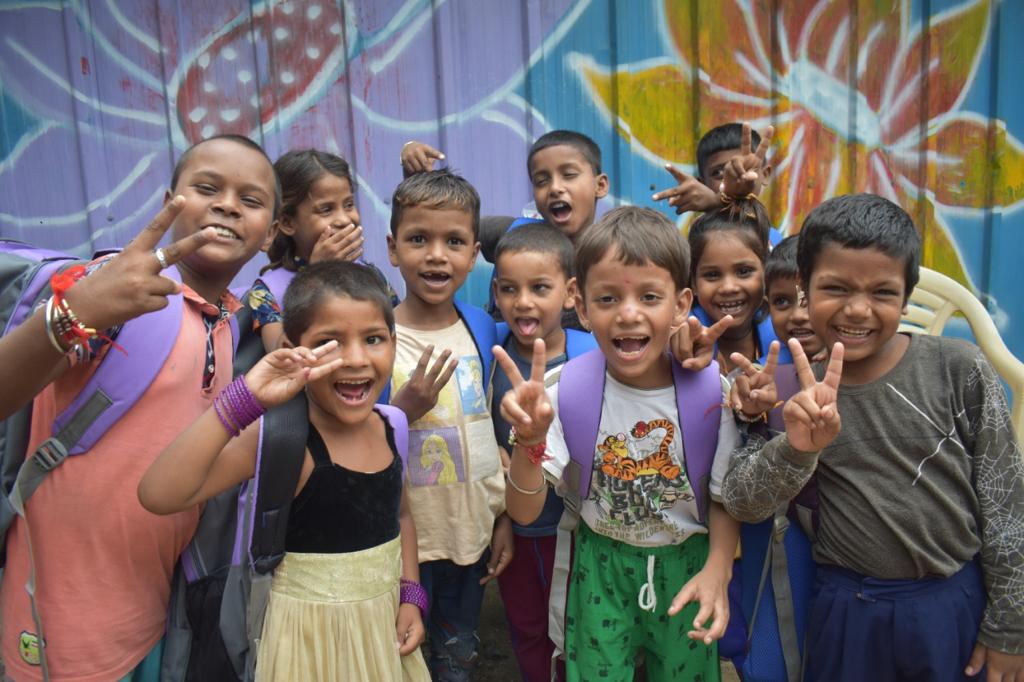National Education Day Special
Education is a significant tool that plays a crucial role in creating a progressive society, and eventually a well-developed nation. In a developing country like India, with an ever-increasing population of more than 136 crores, education is significant to ensure better living standards and affluent futures. Read more to know about the status of education in India, the challenges in the way, and what can we do to make education accessible by one and all.


Importance Given to Education in India
Culturally, Indian society has always valued and accepted the importance of education since ancient times. The Constitution (Eighty-sixth Amendment) Act, 2002 inserted Article21-A in the Constitution of India. This Act provides free of cost and mandatory education to all children falling in the age bracket of six to fourteen years as a Fundamental Right in such a way as the State may, by law, determine. Furthermore, India commemorates National Education Day annually on the 11th of November. The day is observed on account of the birth anniversary of Independent India’s first Education Minister, freedom fighter and educationist, Maulana Abul Kalam Azad. With the massive credit of transforming higher education in India under his belt, Azad has been the mastermind behind the building of India’s apex educational bodies like the University Grant Commission (UGC) and the All India Council of Technical Education (AICTE). Maulana also established the Indian Institute of Technology (IIT), Kharagpur. Maulana Abul Kalam Azad is known to improve the status of education in India in the early 90s.


Challenges faced by Education in India
The growth of any nation at an economic level largely depends upon the availability of natural resources, modern technology and influx of capital. All these factors can only be of any use and function if the country has an adequate and quality human resource to manage each. The efficiency of human resources depends upon various factors, such as proper and regular nutrition, accessible education, potable water, quality living standards, etc. Despite a massive push from the State and public institutions to promote education, less than half of children in India go to school, this accounts for more than 35 million children! Furthermore, the ongoing Covid-19 pandemic has changed the paradigms of the educational sector altogether, with the introduction of digital or online education. This further posed various challenges, given that India encountered a huge digital divide.


What can we do to make Education Accessible?
Recent statistics reveal that children who often drop out of schools or do not attend school at all belong to underprivileged backgrounds or marginalized groups. This is because of various reasons, including inaccessibility of resources, lack of awareness, language barriers, etc. Social evils like child marriage and child labour equally contribute to a lack of education acquisition amongst children.
We can do various things on our part at an individual level to ensure that each child receives proper education:
1. Share your Old Books with the Ones in Need
“One man’s trash is another man’s treasure”. Most of us tend to give away our old books in raddi. What might have been useless for us today could be very resourceful for someone else. We should inculcate a habit of giving away our old books to underprivileged children. This can act as a positive reinforcement for these children. You may give them out to an individual in need or donate them to an NGO working towards the cause of accessible education.
2. Each One, Teach One!
If we teach at least one child every day selflessly, chances are that levels of literacy might improve in our country. You may teach basic things to these individuals, for example- how to write their names in their local language, how to do signatures, etc. One may not be able to provide these children with formal education without a proper academic background in a subject, but can surely provide you with skill-based knowledge.
3. Sponsor Education
Given that life moves at a fast pace, our plans to bring about positive change in the lives of individuals often remain just in our minds. If this is the case, you may donate to an NGO that is working towards the education of children. One such organization is the Delhi-based NGO, Wishes and Blessings. The organization aims to make education accessible to destitute children through their Sponsor a Childhood programme. This programme lets an individual, firm or corporation sponsor the cost involved in one or more facets of a child’s education for comprehensive social growth. The NGO works closely with children from assorted backgrounds, you may choose for sponsoring underprivileged children and/or children living with disabilities. The main purpose is to economically support a child till he/she/they are/can support him/herself/themselves.


“Education is for improving the lives of others and for leaving your community and world better than you found it”.
About the Author
Khushaal Sharma, also known as Ken Maraj on the internet, is a Content Creator at Wishes and Blessings. He has done his Bachelor’s in Journalism and Mass Communication from Amity University. He has also done a Diploma Course in French Language and Culture from New Delhi YMCA, Delhi. Khushaal is passionate about writing thought-provoking blogs and creating travel-based videos. He firmly believes that endings lead to new beginnings.


